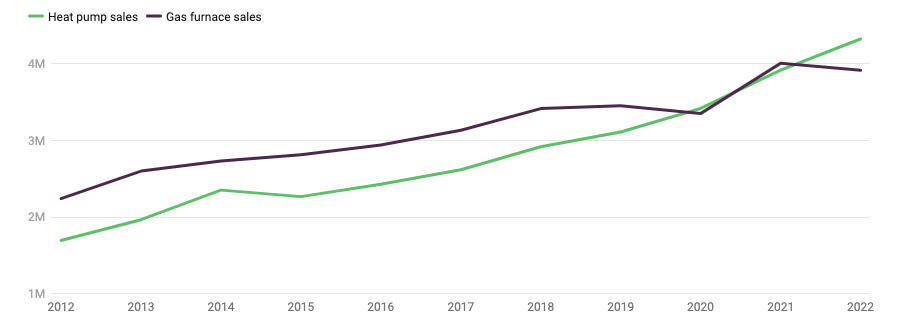OLYMPIA, Wash. — A Washington bill to create a new agency to monitor activity in the state’s petroleum market details five pages of information the body would have to collect from oil companies.
That’s too much data for a new state agency to collect and digest, representatives of oil industry representatives argued during a Jan. 17 hearing of the Washington Senate’s Energy, Environment and Technology Committee to introduce Senate Bill 6052.
But environmental groups contended that an oil industry transparency law is greatly needed.
The bill sponsored by Sen. Joe Nguyen (D) would create a Division of Petroleum Market Oversight under the umbrella of the Washington Utilities and Transportation Commission. Modeled after a new California office, the proposed agency would collect a massive amount of financial and industrial data from various branches of the oil industry in the state, including five refineries and a complex supply chain.
A Senate report describing the bill outlines the scope of information to be collected from oil producers, storage facilities, middlemen and transporters. The proposed agency’s purpose is to analyze the data to ensure the public is not being gouged at the gas pump.
“It has incredibly complex reporting requirements for an agency that does not exist,” said Peter Godlewski, government affairs director at the Association of Washington Business (AWB), which opposes the bill.
The agency would have subpoena power and would confidentially refer suspected legal violations to the Washington Attorney General’s office. It would also report its observations and conclusions to the governor’s office, other state agencies and the Legislature.
“I have concerns on how you determine price-fixing,” said Sen. Drew MacEwen, the committee’s ranking Republican.
‘Sunshine for Consumers’
Gov. Jay Inslee called for the bill following the political and economic fallout from the state’s introduction of a cap-and-invest program, which went into effect last year. Critics of the program, which is administered by Washington’s Department of Ecology, have blamed it for the state having some of the highest gasoline prices in the country. (See Cap-and-trade Driving up Washington Gasoline Prices, Critics Say.)
Inslee has challenged those critics, contending the oil industry has used confusion around the program to hike gas prices in excess of the costs to comply with the program, padding their profits. (See Inslee Challenges Cap-and-trade Role in High Wash. Gas Prices.)
Meanwhile, headed for the ballot next November is a public referendum to repeal the cap-and-invest program, against the wishes of the Democratic-controlled Legislature.
Washington’s gas prices have been among the highest in the nation since last summer, including a week as the highest. But during the Jan. 17 hearing, Nguyen cited AAA figures showing that Washington’s gas prices have been among the five highest in the nation since the 1970s for various economic and geographic reasons.
“This [bill] provides sunshine for consumers. … It makes [oil companies] show their math,” Clifford Traisman, lobbyist for Washington Conservation Action, said at the hearing. Leah Missik, senior policy manager at Climate Solutions, added that Washington needs to know what profits are earned at the different stages of the oil supply chain, from imports to the gas pump.
“Why does [the gas price] fluctuate so dramatically? … At the end of the day, we don’t know why,” said Matthew Hepner, an official with the International Brotherhood of Electrical Workers, which supports the bill.
‘Hellscape’
In opposing the bill, the Western States Petroleum Association (WSPA) and AWB expressed concerns about the complexity and scale of the proposed agency’s tasks and fears about sensitive information being leaked to the public.
“This Is highly sensitive data. If released, it will affect the market,” said Greg Hanon, who represents the WSPA, whose members include four of Washington’s five refineries. Jessica Spiegal, WSPA’s Northwest Region senior director, said: “It makes more sense to find out how Ecology got it wrong on the cap-and-trade program.”
Relying on Ecology Department calculations, Inslee and Democratic leaders said in 2021 that cap-and invest would add a few pennies per gallon. Instead, prices have been up 21 to 50 cents, depending on who’s calculating. That miscalculation is a key factor in today’s political controversy over the program.
Sen. Liz Lovelett (D) asked two AWB lobbyists at the hearing how making sensitive data public would hurt the oil companies and the market.
“It is unclear what type of hellscape this would unleash,” Lovelett said. The lobbyists said they would have to get back to her with answers.
Representatives from companies operating in the supply chain between oil refineries and gas stations opposed Nguyen’s bill because they contend some definitions in it are hazy.
Alone among the state’s refiners in not opposing the bill was bp America, which previously left the WSPA because it disagreed with the association’s opposition to some carbon-reduction measures.
Tom Wolf, a lobbyist for bp, said the company is fine with the concept behind the bill, but would like to see some tweaks to it. He also urged Washington to delay the bill for at least a year to give the state a chance to study the record of California’s program, which is only six months old.
Nguyen said his bill still needs work to address cybersecurity and confidentiality issues and clean up some of its definitions.

